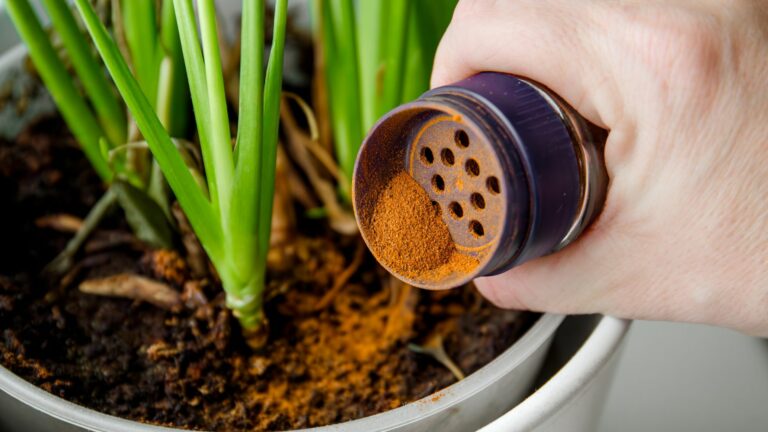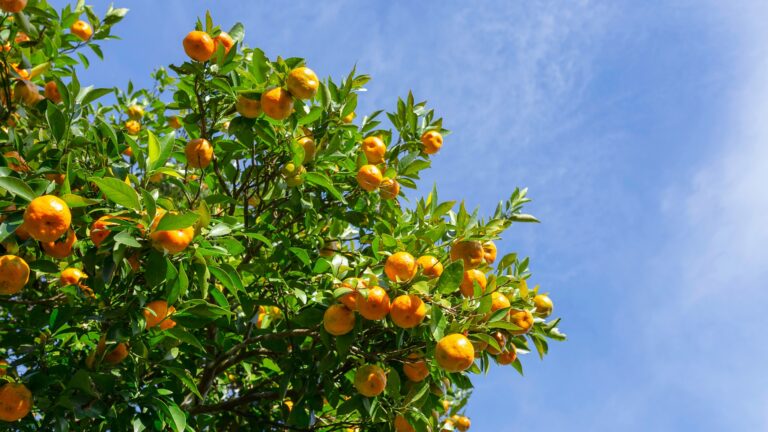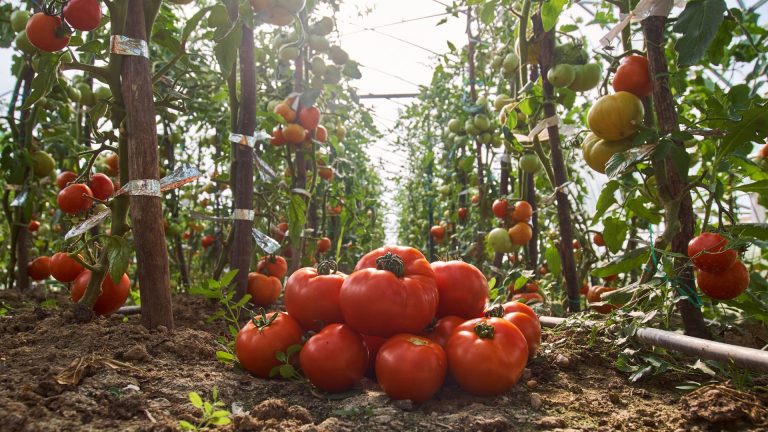16 Reasons Gardening Is The Recession Hobby That Grows With You
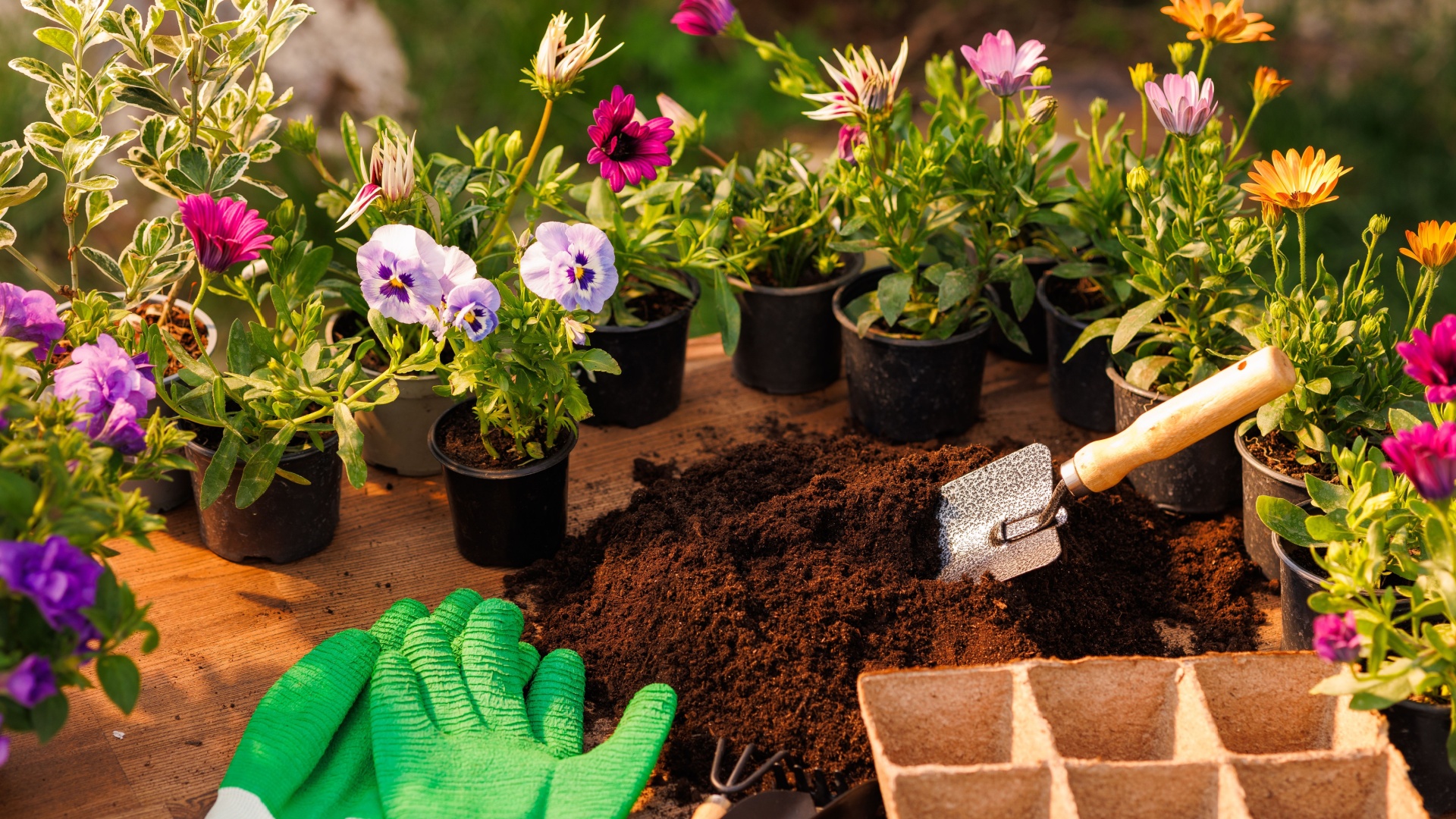
When money’s tight and stress is high, gardening does more than just pass the time—it gives back. It feeds your table, clears your head, and helps you stay grounded without costing a fortune.
These 16 reasons show why gardening isn’t just a hobby, it’s a smart, sustainable way to thrive when the economy takes a hit.
1. Grow Your Own Food
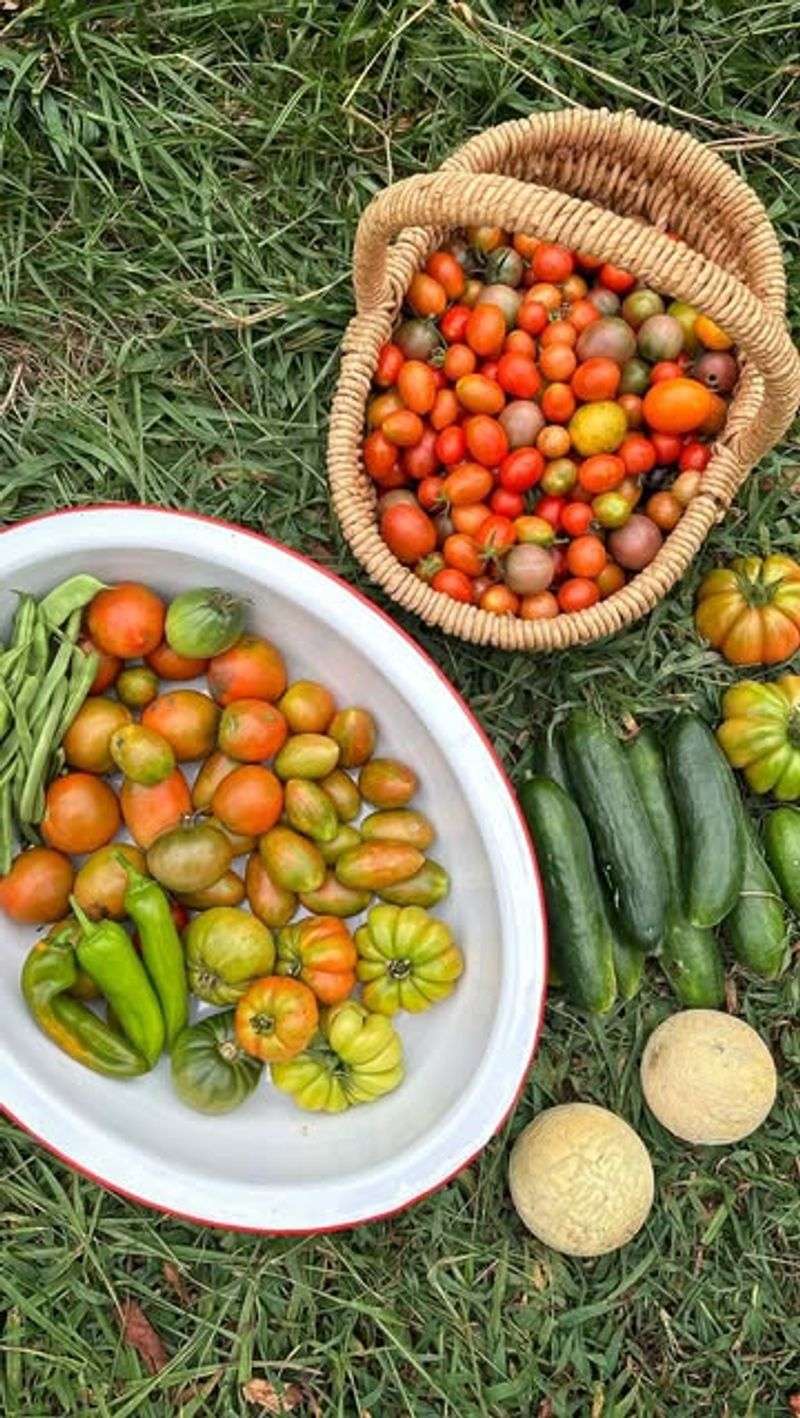
Nothing beats the satisfaction of eating vegetables you grew yourself. A single tomato plant can produce up to 10 pounds of fruit throughout a season, saving you serious grocery money.
During recessions, food prices often climb higher than usual. Your backyard garden becomes your personal grocery store where everything is free after the initial investment.
2. Low Startup Costs
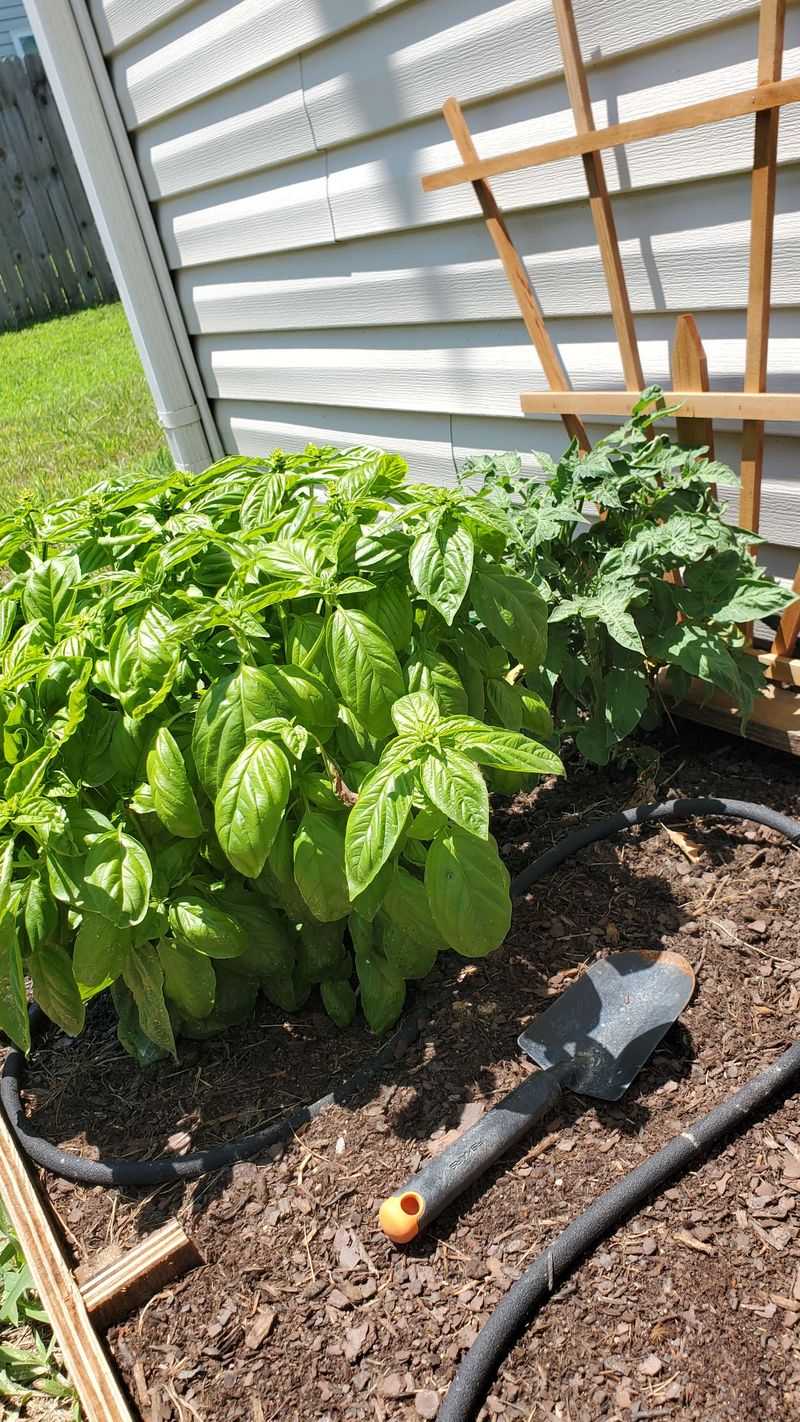
Starting a garden doesn’t require a fortune. Seeds cost just a few dollars per packet, and each one contains dozens or even hundreds of potential plants. Even if you buy seedlings, they’re typically less than the cost of a single grocery store vegetable.
Many gardening tools can be purchased secondhand or borrowed from friends. Containers for growing can be upcycled from household items like milk jugs or food containers.
3. Skills That Last a Lifetime
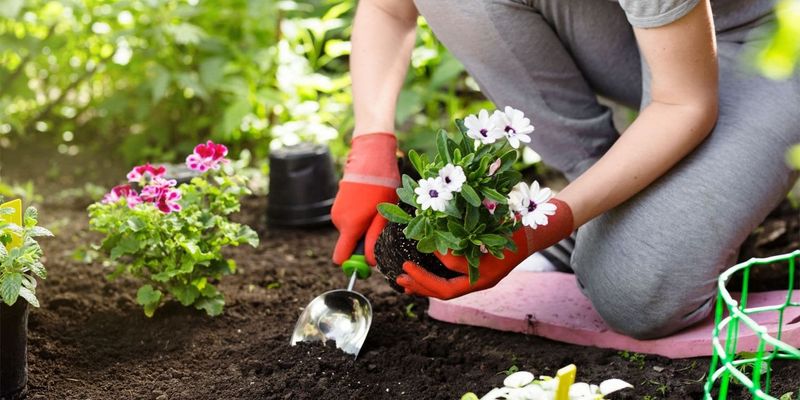
Learning to grow food is a skill no one can take away from you. Unlike trendy hobbies that come and go, gardening knowledge remains valuable forever and can be passed down through generations.
Each season brings new lessons about soil, weather patterns, and plant care. The experience gained compounds year after year, making you more self-sufficient and capable with each harvest.
4. Mental Health Benefits
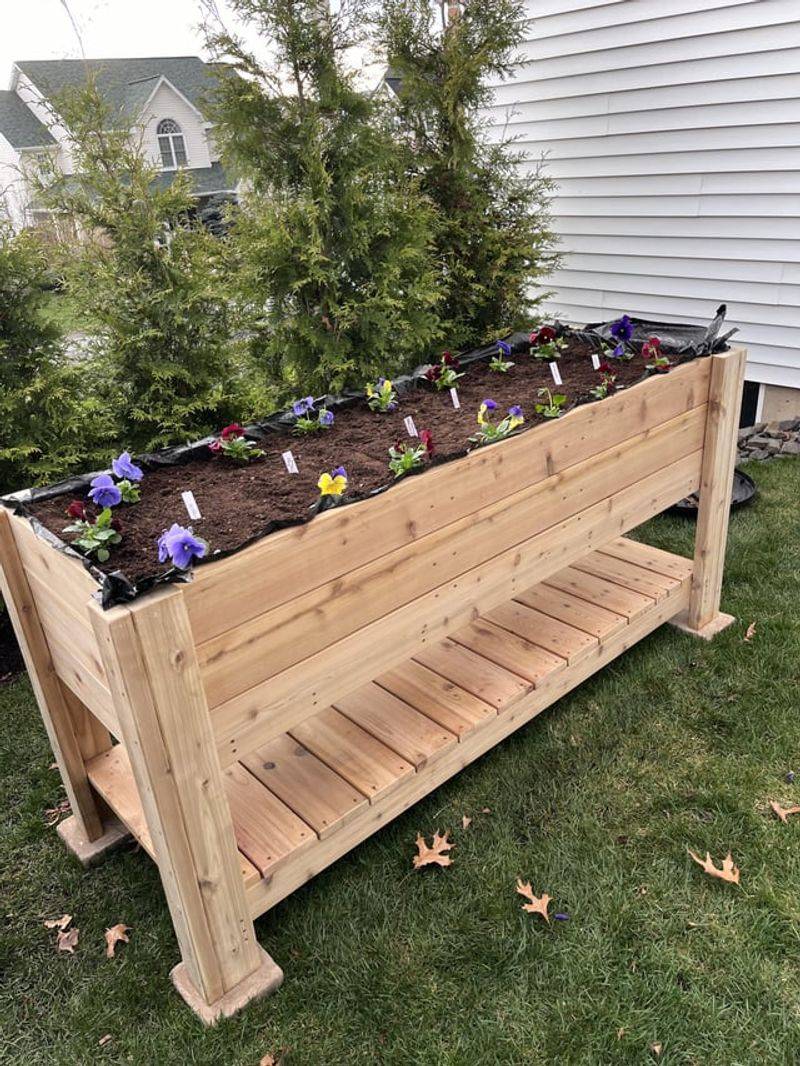
Working with soil literally makes you happier! Scientists have discovered that beneficial bacteria in garden dirt increase serotonin levels in your brain. During financial stress, this natural mood boost becomes even more valuable.
Watching plants grow provides a sense of accomplishment and hope. The gentle rhythm of garden tasks creates a meditation-like state that calms anxiety and helps put worries in perspective.
5. Physical Exercise Without a Gym Membership
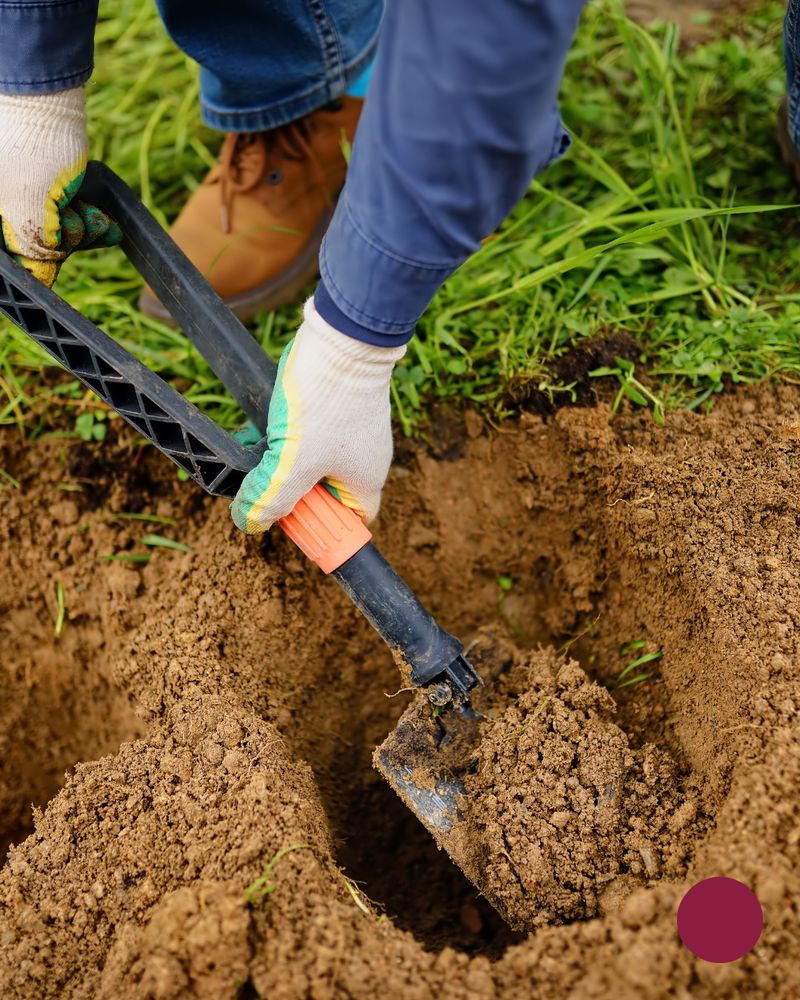
Digging, planting, weeding and harvesting provide excellent exercise without expensive gym fees. Gardening burns between 200-400 calories per hour while building strength in your arms, legs, and core muscles.
The varied movements of gardening work multiple muscle groups simultaneously. Unlike repetitive gym routines, garden work changes with the seasons and keeps your body guessing, which fitness experts say improves overall conditioning.
6. Community Building Opportunities
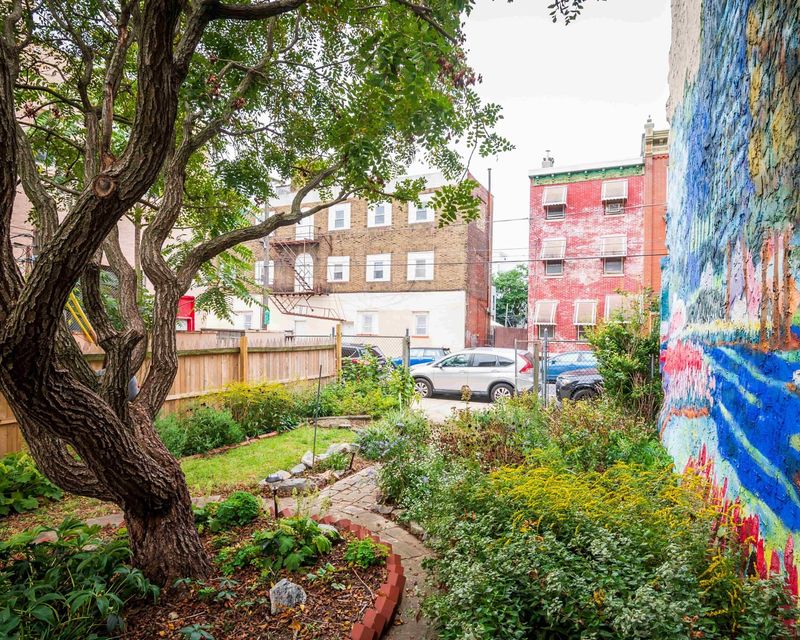
Gardens create natural opportunities to connect with neighbors through seed swaps, harvest sharing, or community plots. These relationships form valuable support networks during economic downturns.
Experienced gardeners love sharing knowledge with beginners. A simple question about tomato plants can lead to friendship with the gardening guru down the street, plus valuable tips that might have taken years to discover on your own.
7. Preserving Your Harvest Extends Savings
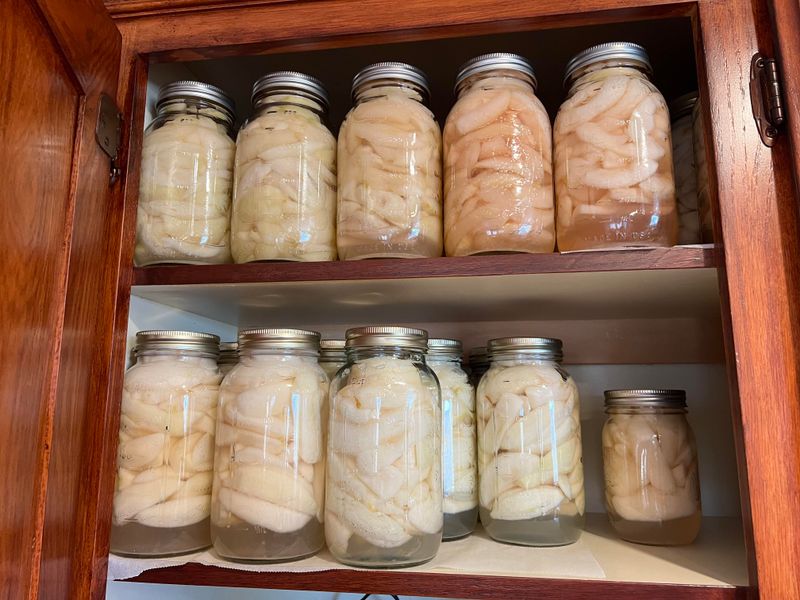
Learning to can, freeze, or dehydrate garden bounty means your summer abundance feeds you all year long. A single productive garden can stock your pantry with months of food for pennies per serving.
Preserved garden goods make thoughtful, inexpensive gifts. Homemade salsa, pickles, or jam cost a fraction of store-bought versions and carry the personal touch that makes gifts special, helping stretch holiday budgets during tight times.
8. Seed Saving Creates Free Future Gardens
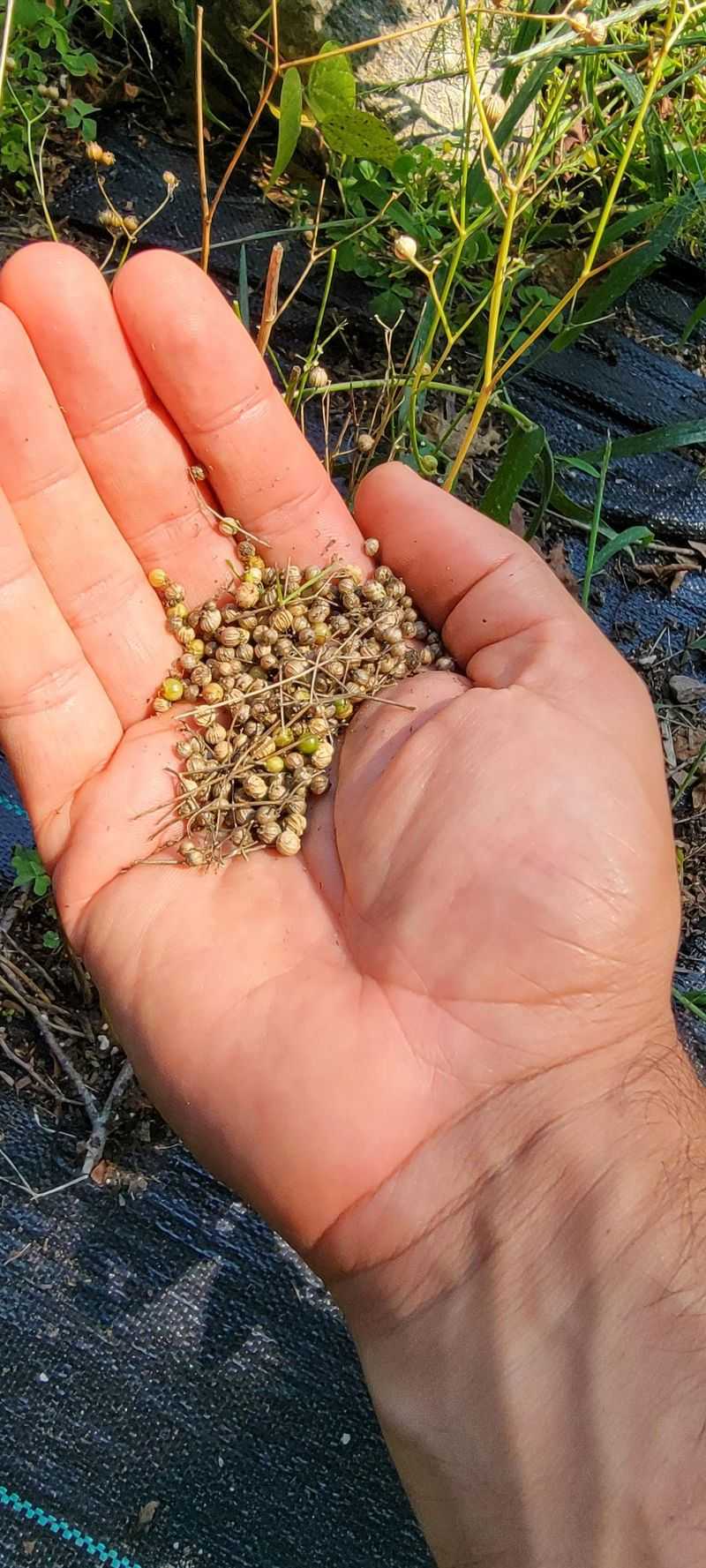
Once you learn to save seeds from your best plants, your garden becomes self-sustaining. That $3 packet of tomato seeds can provide unlimited free tomato plants for the rest of your life!
Seed saving connects you to the ancient human tradition of preserving genetic diversity. Some gardeners collect and trade heirloom varieties that have been passed down for generations, each with unique flavors and growing characteristics not found in store-bought produce.
9. Beautify Your Space Affordably
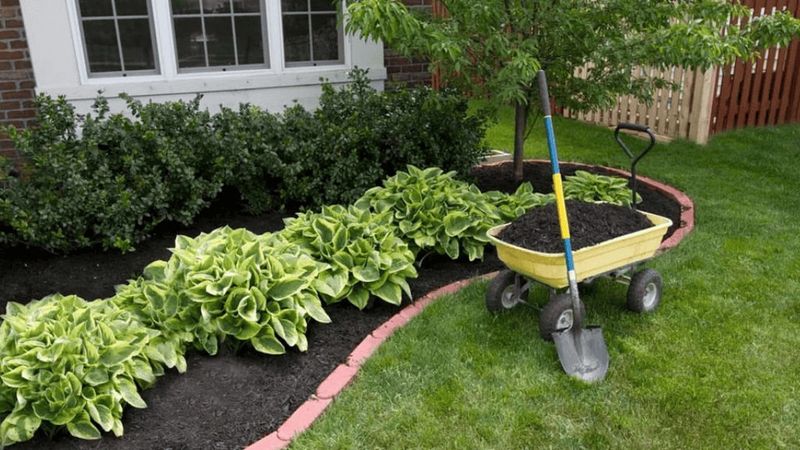
Gardens transform bland yards into stunning landscapes for a fraction of the cost of professional landscaping. Flowering perennials return year after year without additional expense, providing free beauty every season.
Property values typically increase with well-maintained gardens. Even rental properties benefit from container gardens that can move with you, bringing beauty to each new home without permanent investment in someone else’s property.
10. Reduce Grocery Transportation Costs
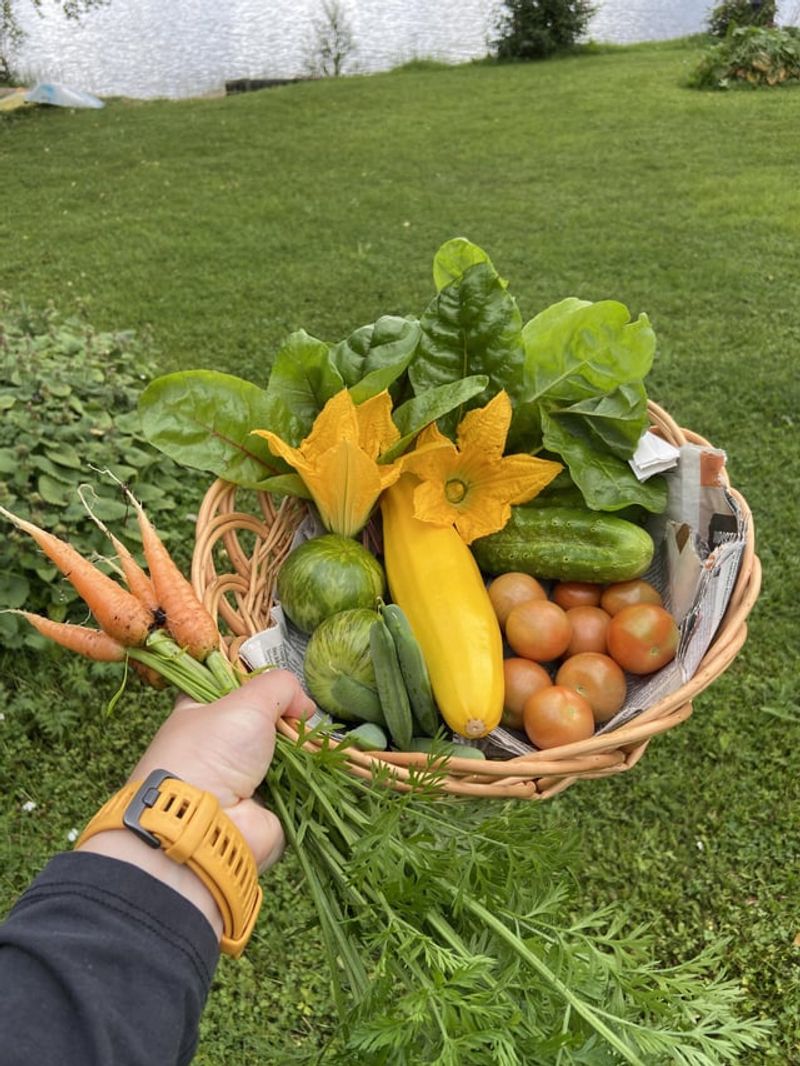
Garden-to-table eating eliminates trips to the store, saving precious gas money. The average vegetable travels 1,500 miles before reaching your plate, while garden vegetables travel just yards.
Home gardens eliminate packaging waste too. No plastic produce bags, styrofoam trays, or twist ties needed when you harvest dinner directly from your backyard. These small savings add up over time, especially when fuel and goods prices rise during economic downturns.
11. Weather-Proof Your Food Supply
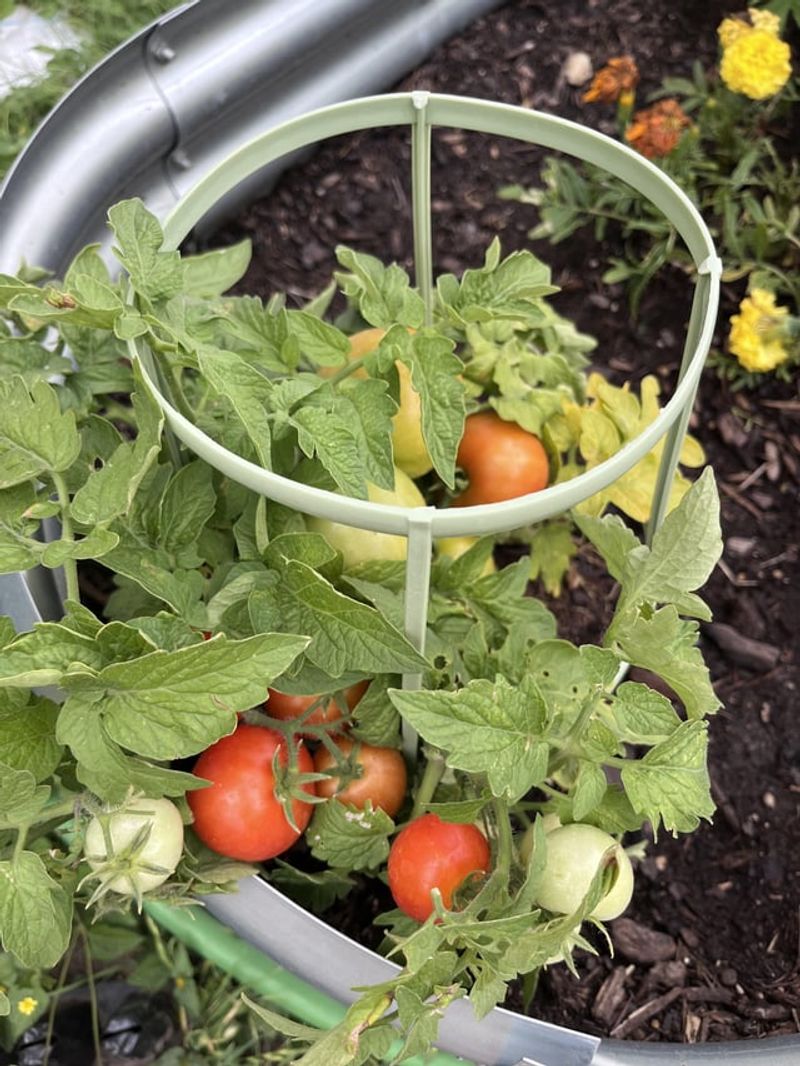
Growing your own food provides security when supply chains falter. During the 2020 pandemic, many gardeners ate well despite empty store shelves and rising food costs.
Learning to grow food in different conditions prepares you for various challenges. Container gardening works in apartments, vertical gardens maximize small spaces, and season-extension techniques like cold frames can provide fresh food even in winter months.
12. Develop Valuable Bartering Resources
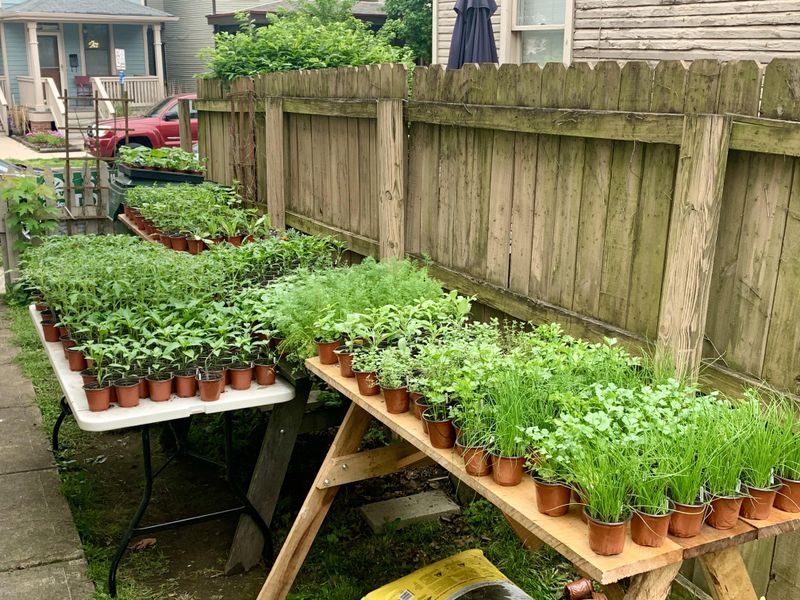
Extra garden produce becomes valuable for trading with neighbors during tough times. Your surplus zucchini might exchange for someone else’s extra eggs or mechanical skills.
Beyond produce, gardening creates other barterable items. Divided perennial plants, saved seeds, homemade compost, or even gardening knowledge can be exchanged. Many communities have formalized these exchanges through time banks or trading groups.
13. Therapeutic Stress Relief
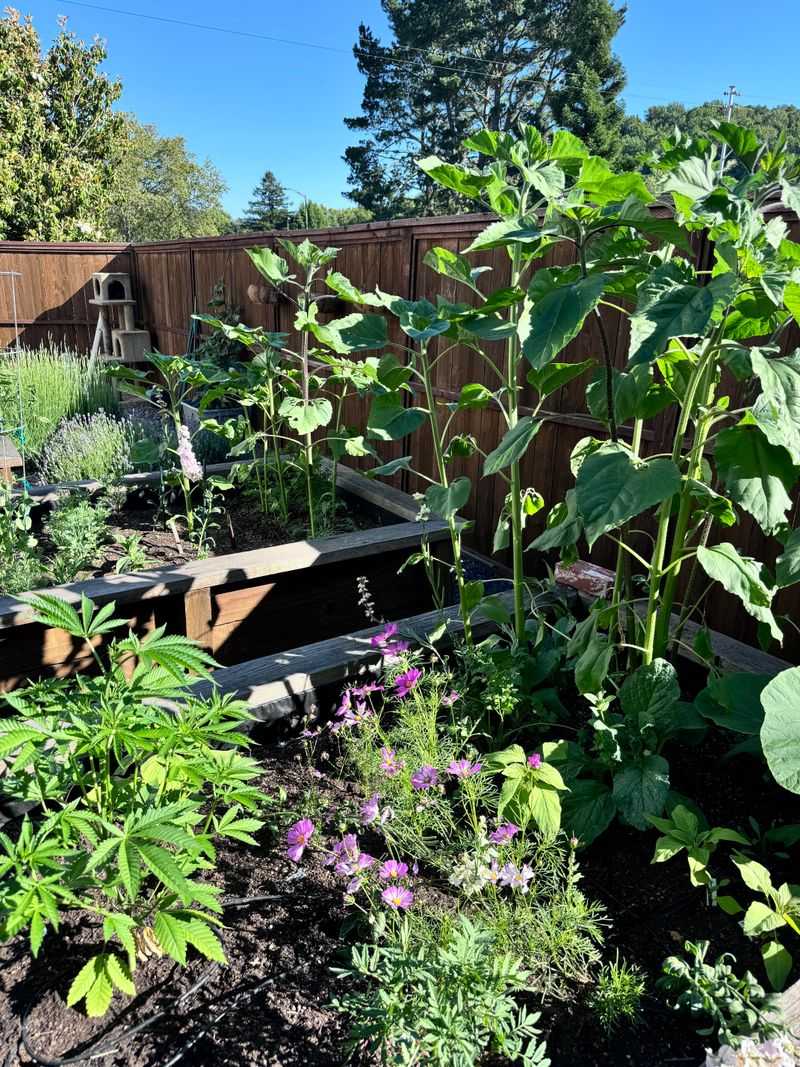
Gardening provides a healthy escape from financial worries. The repetitive nature of weeding, watering, and tending plants creates a meditative state that reduces stress hormones in your body.
Gardens offer perspective during difficult times. Watching a plant grow from seed to harvest reminds us that challenges are temporary and patience yields rewards. This natural life cycle helps maintain hope during economic downturns.
14. Create Additional Income Streams
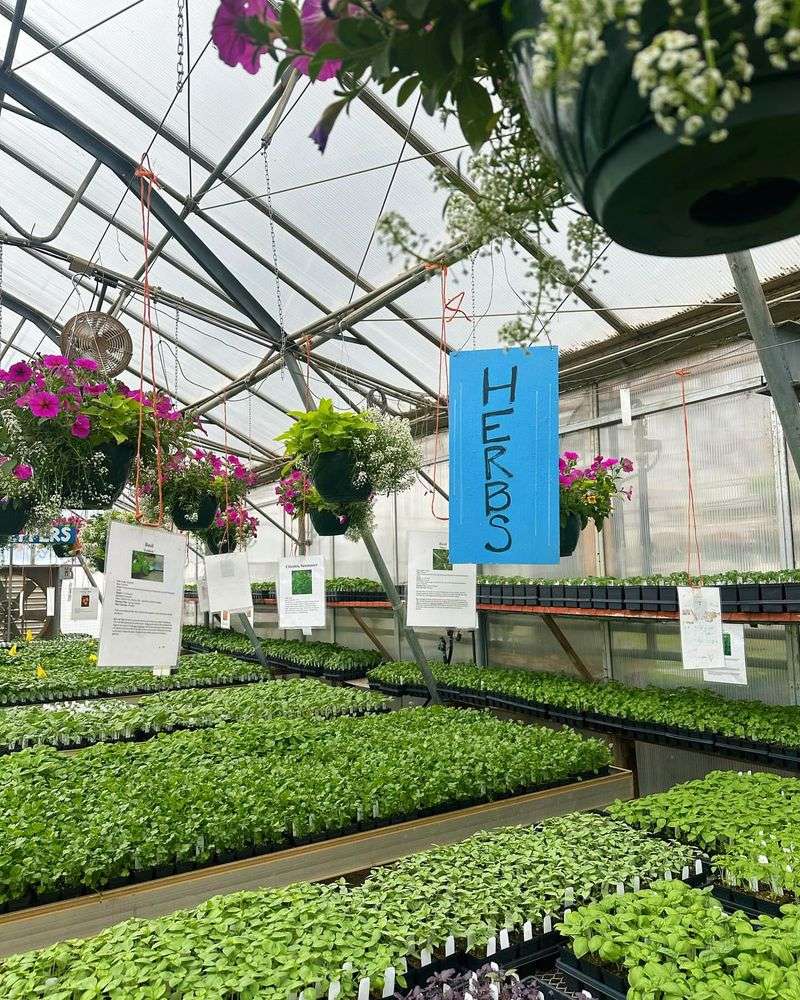
A successful garden can generate extra income through farmers’ markets or neighborhood sales. Specialty items like unusual heirloom vegetables or cut flowers often command premium prices.
Beyond selling produce, gardening skills themselves become marketable. Teaching classes, writing gardening guides, or helping others design their gardens can provide supplemental income. Garden photography, plant propagation, and seed saving are other potential money-makers.
15. Environmental Benefits Save Money
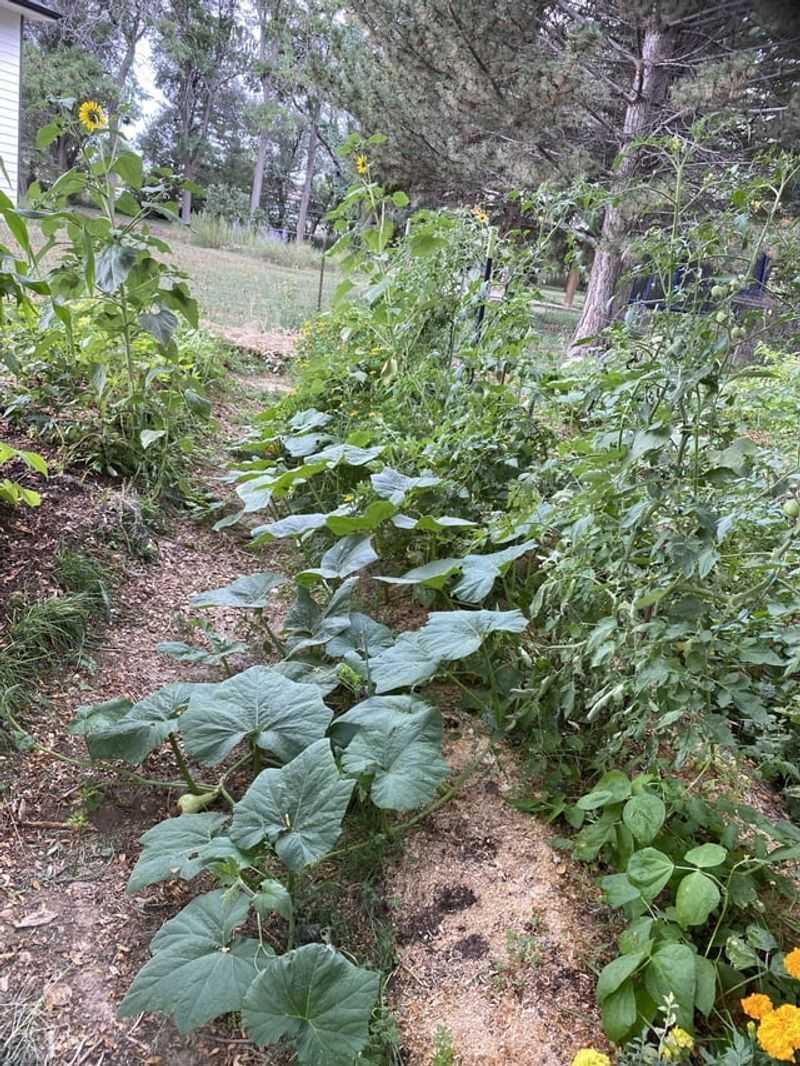
Gardens improve your local environment while reducing utility bills. Strategically placed trees and shrubs can cut summer cooling costs by up to 25% by shading your home.
Rain gardens capture stormwater and reduce flooding issues that might damage property. Composting kitchen scraps reduces garbage volume, potentially lowering waste disposal costs while creating free fertilizer for more abundant harvests.
16. Family Bonding Without Expensive Entertainment
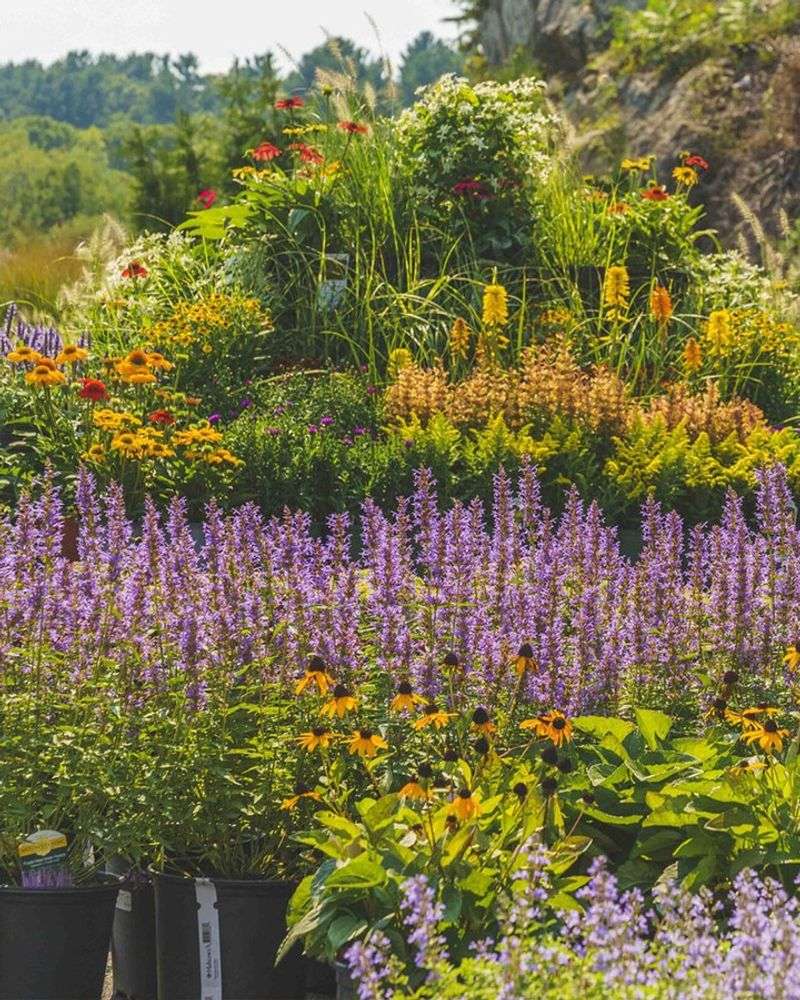
Gardens create free family activities that build meaningful connections. Children who help grow vegetables are more likely to eat them, potentially improving family nutrition while saving on healthcare costs.
Gardening together teaches kids valuable life skills and work ethic. The garden becomes an outdoor classroom where lessons about biology, weather, patience, and responsibility unfold naturally without expensive educational materials or activities.

